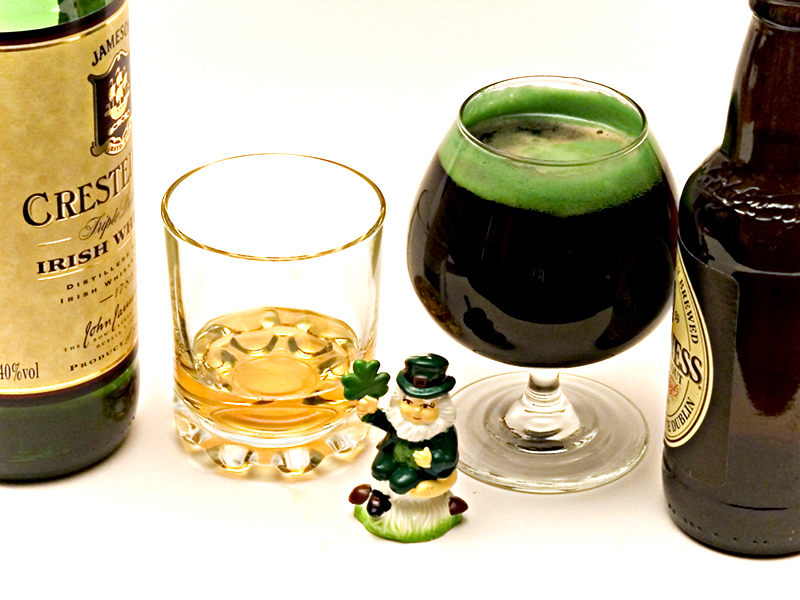It’s a big weekend in Philadelphia. St. Patrick’s Day In Philly includes parades, tons of green and, of course, alcohol. It’s okay to go out and celebrate, but make sure you are safe and smart. There is a whole lot of misinformation out there on how alcohol impacts our bodies, and how we can ease the effects. We hate to be the bearer of bad news, but a lot of these just aren’t true. Today, we separate myth from fact.
Myth #1: Alcohol kills brain cells. Okay, so this first one may be a bit of a relief. Alcohol does not kill your brain cells, but it does temporarily damage dendrites, which are the arms of the neurons that help send signals to other neurons. This is why your texts on Saturday night may not make much sense. Impairments with memory and motor coordination are thought to be associated with poor nutrition and physical activity. Alcohol will not, however, permanently kill neurons.
Myth #2: A beer belly is the cause of drinking too much. A beer belly is the result of excessive calories and not enough physical activity; however, not every overweight person gets a beer belly. That’s because people store fat in different ways based on their genetic makeup. Alcohol consumption can aid in weight gain but a cross-sectional study suggests that it will not be the cause of that one pack (get it?). One theory on the origin of the beer belly is associated with the fact that chronic alcohol consumption may lead to cirrhosis, which can lead to swelling of the abdomen.
Myth #3: Vomiting will help sober you up. Vomiting while drinking is your body’s way of saying, “This is poisoning my body and I’ve had too much.” Vomiting will expel the toxin from your stomach and prevent it from further entering your bloodstream, but it will not make you any more sober. There may be a sense of a sobriety after you puke because endorphins are released during the process.
Myth #4: Coffee, cold showers and exercise will help you sober up. Sorry, but this just isn’t true. The concentration of alcohol in your blood reduces at a set pace. Nothing you can do — and we do mean nothing — will get it out of your system faster. While you might feel more alert after some caffeine or a jog around the block, make no mistake: you still have alcohol in your system and you are still impaired. So how long does it take to sober up? It depends on several factors. The University of Arizona has a super handy chart for calculating how many hours until your BAC is at 0. If you are in a state where following a chart is difficult, websites like When Will I Be Sober? and Blood Alcohol Calculator allow you to enter in a few details and take care of the math for you
Myth #5: Alcohol warms you up. When drinking, alcohol dilates your blood vessels and brings heat closer to the surface of your skin, temporarily making you warmer. This will make you feel warmer initially, but that warmth at the surface is it whisked away by cooler temperatures and actually lowers your core temperature. Another study found that sweating increases when drinking to counteract that short warm sensation, which subsequently brings down the core temperature even more.
There you have it. Celebrating is always fun, and if you choose to include alcohol in your celebration, be smart and safe. As much as we like you, we don’t want to see you here. Be safe and have a happy St. Patrick’s weekend!







